“It follows then as certain as that night succeeds the day, that without a decisive naval force we can do nothing definitive, and with it, everything honorable and glorious.”
– President George Washington to Marquis de Lafayette, November 15, 1781
In Pioneer’s ongoing series of blogs here, here, and here on curricular resources for parents, families, and teachers during COVID-19, this one focuses on:
Celebrating American Boats, Ships, & Their Captains.
“Don’t give up the ship,” were the famous dying words of Commander James Lawrence in 1813 aboard the USS Chesapeake during the War of 1812. From Native American canoes to the Mayflower, slave ships, the USS Constitution, Lewis and Clark’s keelboat, Mississippi River boats, the Civil War ironclads, the Great White Fleet, aircraft carriers, and the nuclear navy, on the high seas and rivers and lakes – boats, ships, and their leaders have shaped and defined our country. After all, we’re a country with a total of 95,471 miles of shoreline living on a planet that’s 71 percent water. So naturally, since antiquity, people have known that sea power is central to the human experience and national strength.
The United States has produced a variety of talented and accomplished sailors, privateers, sea captains, commodores, and admirals, who have led the country to its current, unchallenged naval superiority. These titans of the high seas include: John Paul Jones, Stephen Decatur, Isaac Hull, Matthew Perry, David Farragut, George Dewey, Chester Nimitz, and Hyman Rickover.
Citizens and schoolchildren alike should know and honor these names and their accomplishments. Victory at sea requires not only running a ship and its crew, but knowledge of intricate navigational skills. In addition, naval leaders must manage the elements and the nearly unlimited power of nature, while also defeating foes with equal, or superior, vessels, firepower, and abilities. All of these are no small tasks on their own, but combined are astonishingly difficult and complicated. Simply put – adults and children need heroes and heroines, and our naval history offers plenty of them.
Regrettably, knowledge of military history, and especially basic naval history, have long since been neglected in K-12 schooling. For decades, American education has prioritized soft-skills driven curricular fads and discarded historical facts and coherent national narratives. It is these facts and background knowledge that can truly help students from all ZIP codes understand and navigate the wider world, and the rough waters that oftentimes define the human experience. So that as a society and as educators we too “don’t give up the ship” on this important nautical knowledge, we’re offering a variety of resources to help parents, teachers, and high schoolers:
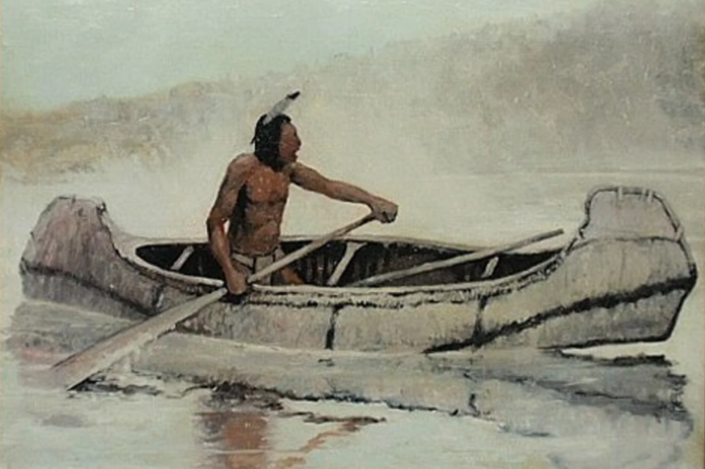
Native American Canoe
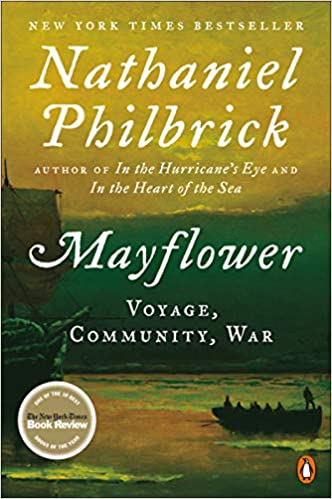
Mayflower: Voyage, Community, War, by Nathaniel Philbrick
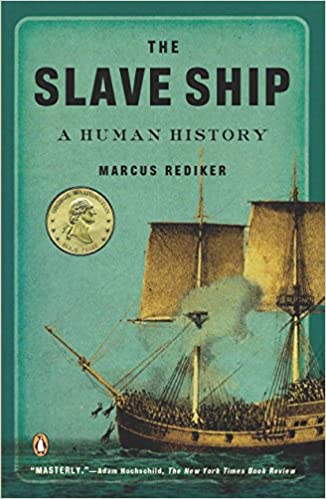
The Slave Ship: A Human History, by Marcus Rediker

Washington’s Crossing (Pivotal Moments in American History Series, by David Hackett Fischer
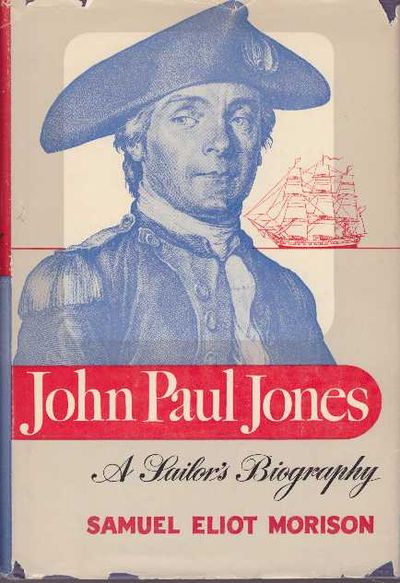
John Paul Jones: A Sailor’s Biography, by Samuel Eliot Morison
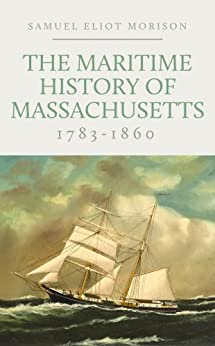
The Maritime History of Massachusetts, 1783-1860, by Samuel Eliot Morison
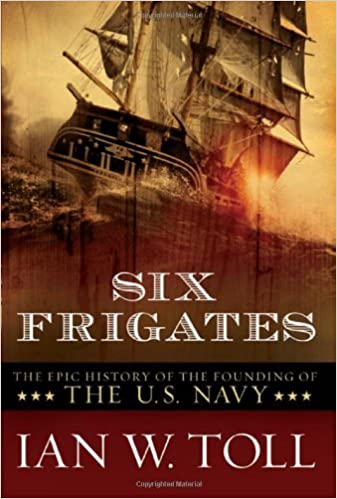
Six Frigates: The Epic History of the Founding of the U.S. Navy, by Ian W. Toll
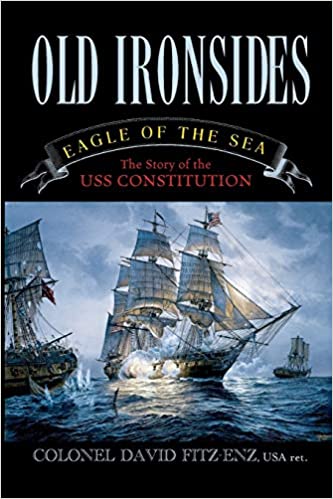
Old Ironsides, Eagle of the Sea: The Story of the USS Constitution, by David Col. Fitz-Enz

Silas Talbot: Captain of Old Ironsides, by William M. Fowler
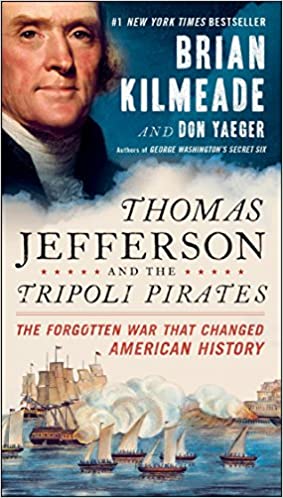
Thomas Jefferson and the Tripoli Pirates: The Forgotten War That Changed American History, by Brian Kilmeade and Don Yaeger

Stephen Decatur: American Naval Hero, 1779-1820, by Robert J. Allison
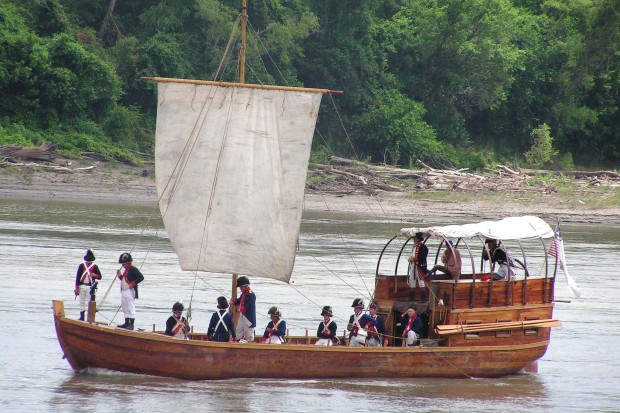
Lewis and Clark’s Keelboat
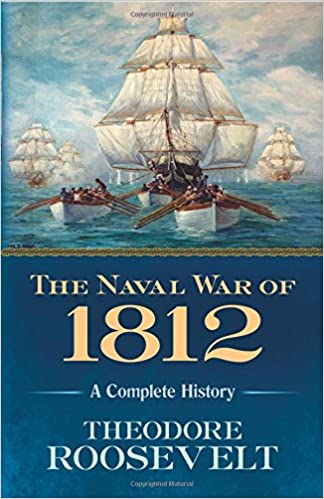
The Naval War of 1812: A Complete History, by Theodore Roosevelt

The Captain from Connecticut: The Life and Naval Times of Isaac Hull, by Linda M. Maloney

1812: The Navy’s War, by George C. Daughan

Gibbons v. Ogden: John Marshall, Steamboats, and Interstate Commerce (Landmark Law Cases & American Society), by Herbert A. Johnson
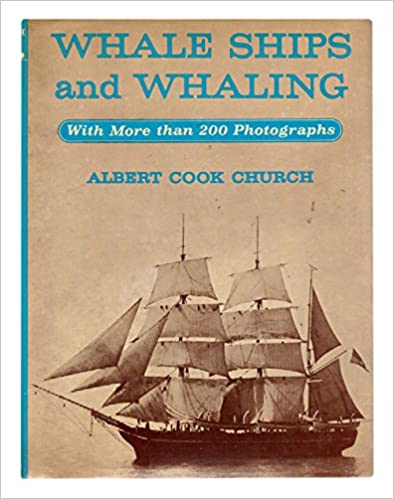
Whale Ships and Whaling, by Albert Cook Church
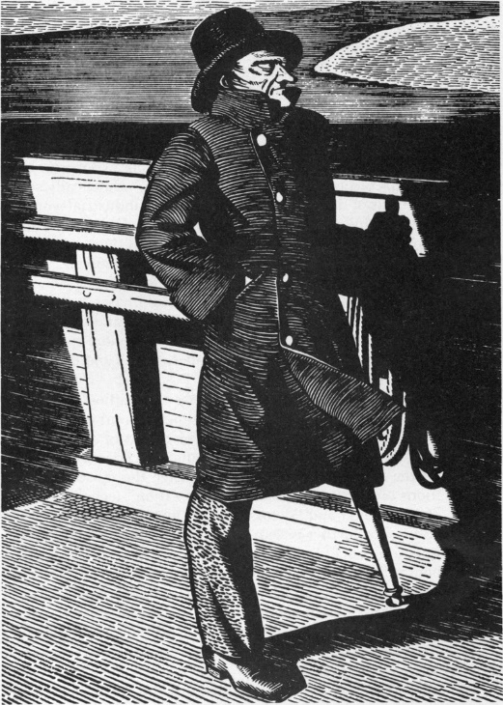
Captain Ahab (Moby-Dick), by Herman Melville
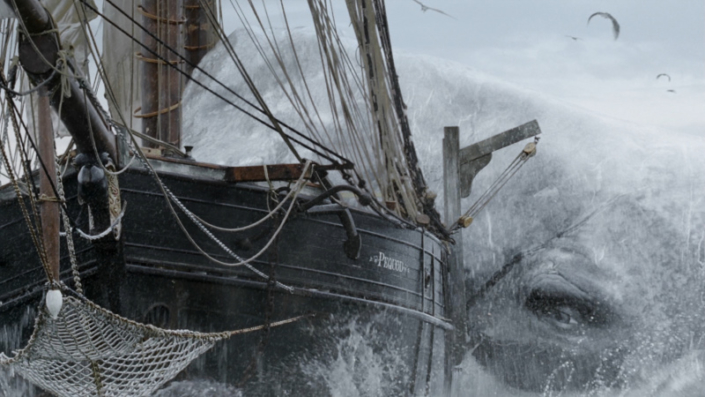
Pequod (Moby-Dick), by Herman Melville
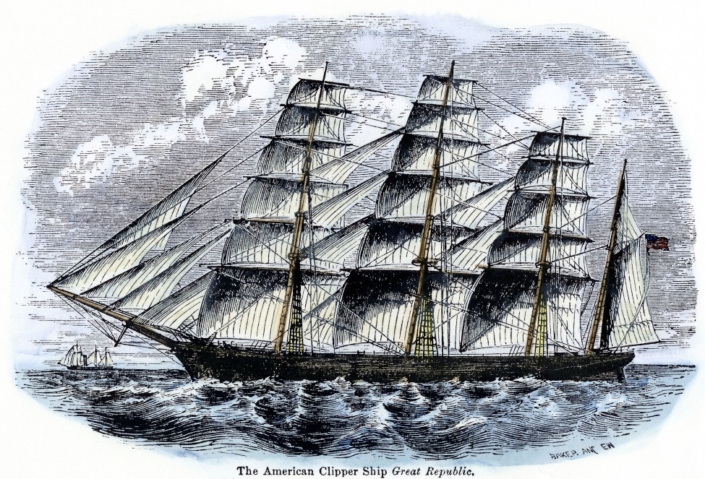
Clipper Ships
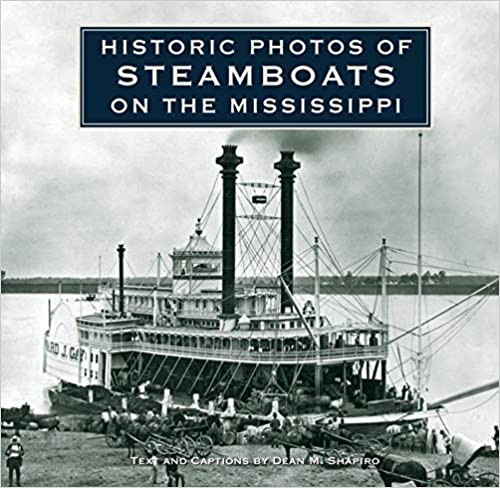
Historic Photos of Steamboats on the Mississippi, by Dean M. Shapiro
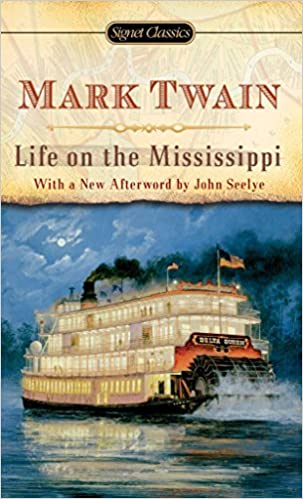
Life on the Mississippi, by Mark Twain
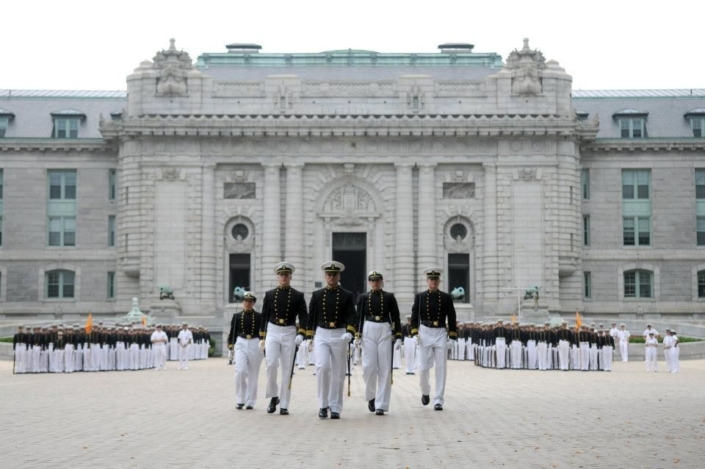
United States Naval Academy, Annapolis, Maryland
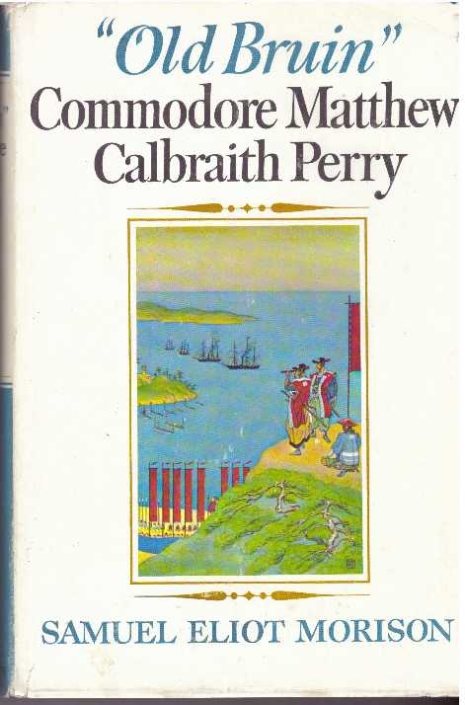
Old Bruin Commodore Matthew Calbraith Perry, by Samuel Eliot Morison
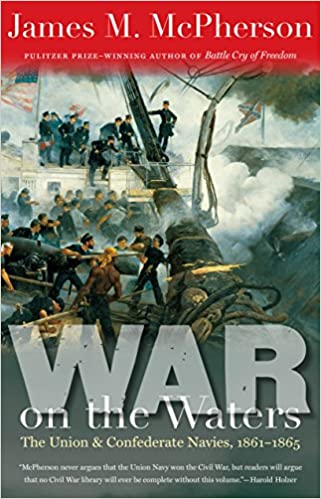
War on the Waters: The Union and Confederate Navies, 1861-1865, by James M. McPherson
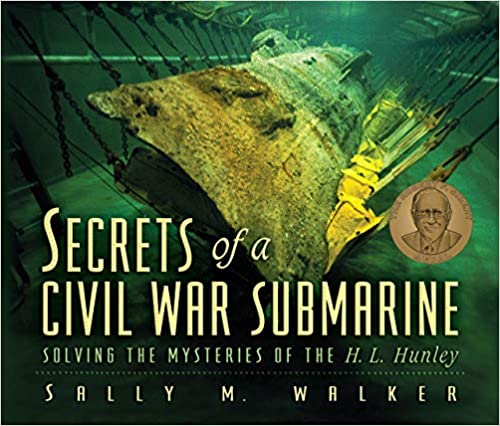
Secrets of A Civil War Submarine: Solving The Mysteries Of The H. L. Hunley, by Sally M. Walker
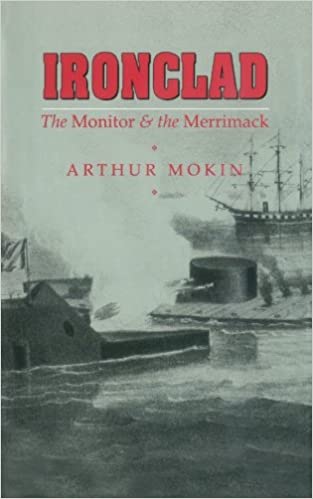
IRONCLAD: The Monitor & the Merrimack, by Arthur Mokin
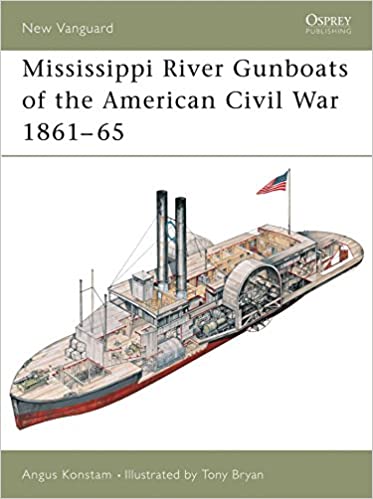
Mississippi River Gunboats of the American Civil War 1861–65, by Angus Konstam

Lincoln’s Admiral: The Civil War Campaigns of David Farragut, by James P Duffy

A Ship to Remember: The Maine and the Spanish-American War, by Michael Blow
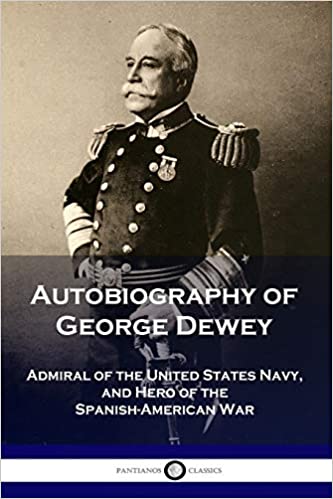
Autobiography of George Dewey: Admiral of the United States Navy, and Hero of the Spanish-American War, by George Dewey
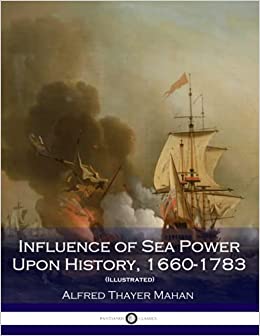
Influence of Sea Power Upon History, 1660-1783, by Alfred Thayer Mahan
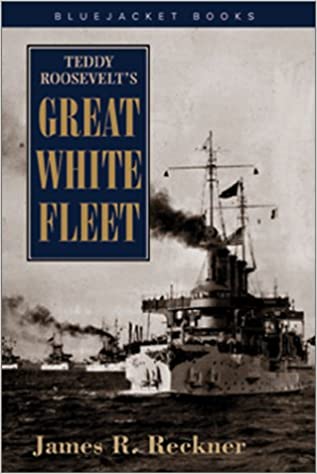
Teddy Roosevelt’s Great White Fleet, by James R. Reckner

The Two-Ocean War: A Short History of the United States Navy in the Second World War, by Samuel Eliot Morison
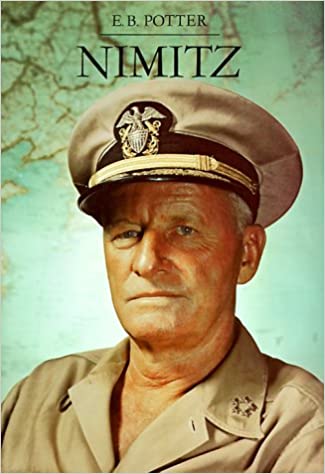
Nimitz, by E. B. Potter
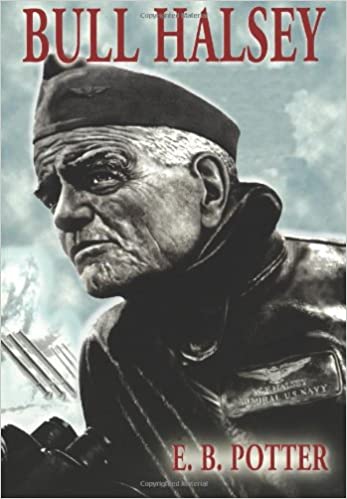
Bull Halsey, by Elmer Belmont Potter
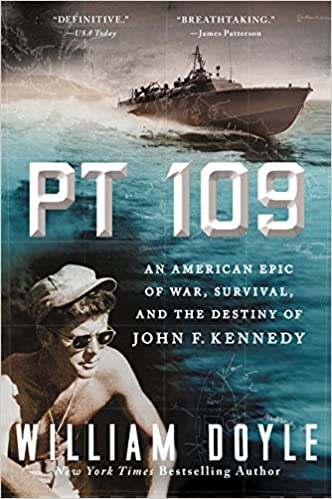
PT 109: An American Epic of War, Survival, and the Destiny of John F. Kennedy, by William Doyle
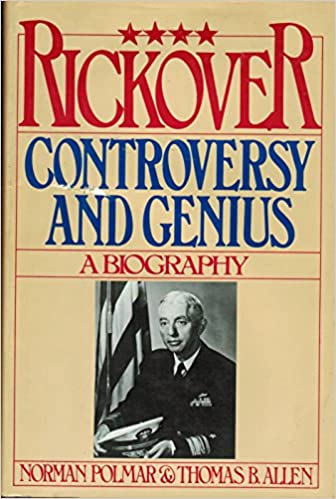
Rickover: Controversy and Genius – A Biography, by Norman Polmar and Thomas B. Allen
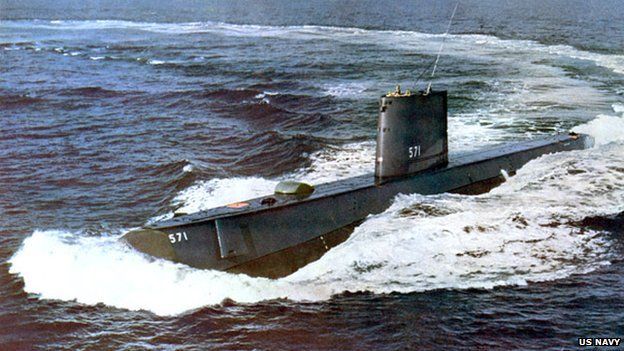
USS Nautilus (SSN-571), first nuclear-powered submarine
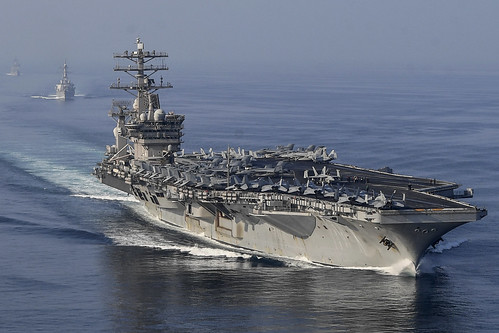
USS Nimitz



